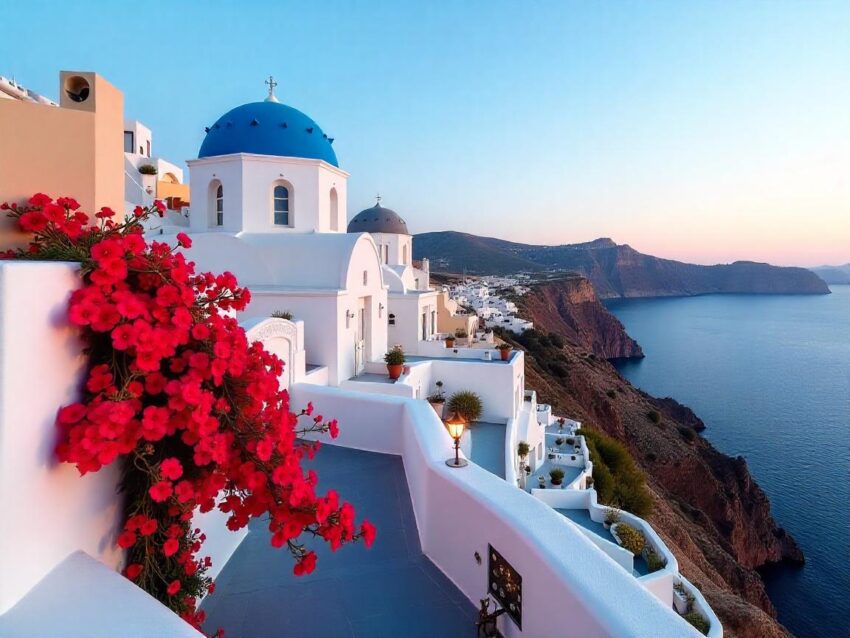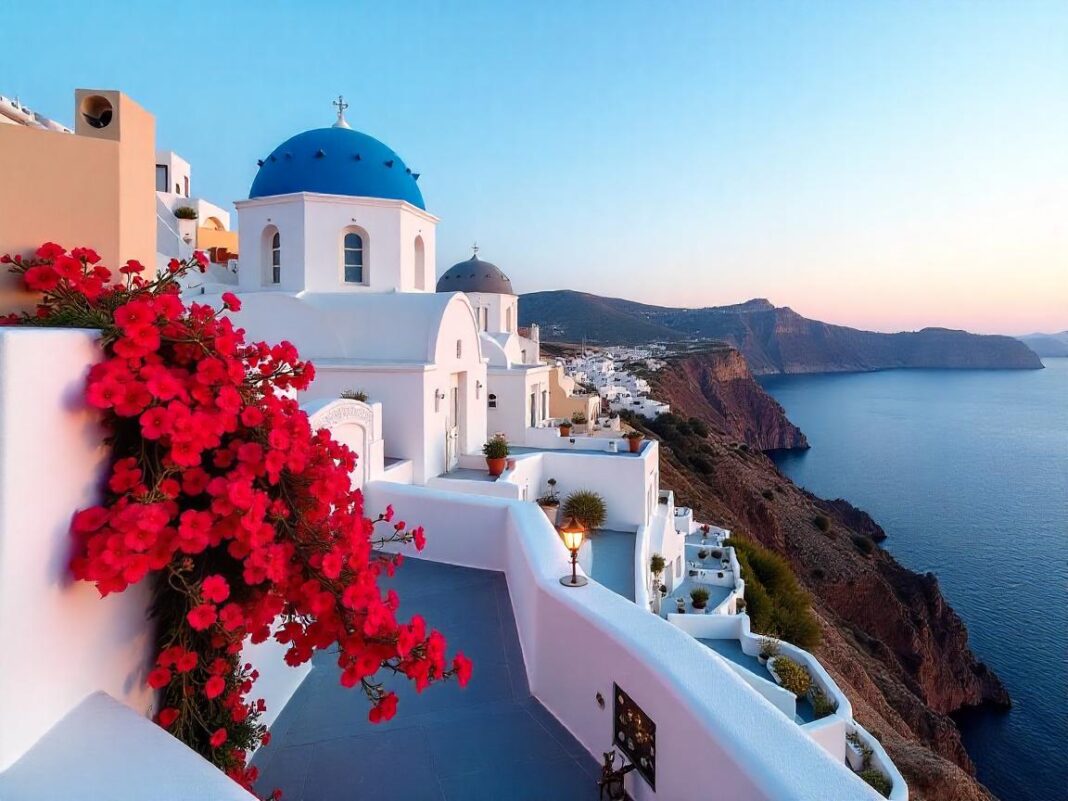Friday, June 20, 2025

Greece is rapidly approaching a tipping point as an overwhelming surge of tourists, particularly during the peak summer months, places unprecedented pressure on its island destinations. Once tranquil and culturally rich, these areas are now battling overcrowding, unchecked development, and environmental degradation. With millions of visitors arriving each year, local communities are struggling to maintain their way of life amid rising costs, resource shortages, and loss of public spaces. Officials and residents alike are sounding the alarm, warning that without immediate intervention, the unchecked growth of tourism could permanently damage Greece’s natural beauty, cultural identity, and long-term sustainability as a premier travel destination.
Greece Faces Mounting Overtourism Crisis as UK Visitor Influx Strains Fragile Islands
As the European summer holiday season heats up, Greece is bracing for what officials have described as a looming “huge crisis” caused by a dramatic surge in international arrivals—particularly from the United Kingdom. The sharp uptick in tourism has sparked growing concerns over the sustainability of the country’s most iconic destinations, especially the Cycladic Islands, which are already struggling under the weight of mass tourism.
This year alone, more than 3.4 million tourists are expected to descend upon the Cyclades—an island group famed for its whitewashed villages, crystal-clear waters, and postcard-perfect sunsets. The region’s popularity among global travelers, while economically beneficial, is now raising alarms over the unchecked expansion of tourism infrastructure and the irreversible strain it may place on the environment, local communities, and cultural heritage.
Construction Boom Threatens Greek Island Ecosystem
Nikos Zorzos, a prominent figure and former mayor of Santorini, has sounded the alarm about the wave of construction sweeping across the islands to accommodate growing tourism demand. He has urged national authorities to immediately curb new developments, warning that the relentless building spree is endangering the very essence of what makes these islands attractive in the first place.
In particular, Zorzos cautioned that the beauty and natural balance of the Cyclades are at high risk of degradation. If unregulated growth continues, the very character that draws tourists to Greece could vanish under layers of concrete and congestion.
Greece’s Tourism Ambitions Face Sustainability Test
Greece has set ambitious tourism goals for the coming years. By 2028, the country aims to welcome close to forty million international visitors annually—an increase of more than five million compared to 2024 and nearly quadruple the nation’s own population. This target underscores the vital role that tourism plays in Greece’s economy, contributing significantly to employment, public revenues, and private sector growth.
However, this vision is increasingly at odds with growing unease over overtourism, particularly in island regions where space and resources are limited. The Cyclades—home to destinations like Mykonos, Santorini, and Paros—have been flagged as particularly vulnerable due to their fragile ecosystems, finite infrastructure, and already heavy seasonal crowds.
Experts and conservationists have long warned that overtourism not only leads to environmental degradation but also threatens the quality of life for residents and the authenticity of the visitor experience. Traffic congestion, waste management failures, water shortages, and rising housing costs are already affecting many island communities.
Local Resistance and Beach Protests Reflect Rising Frustration
The growing tension surrounding overtourism is not new. In 2023, widespread protests broke out across several Greek islands in response to businesses illegally occupying public beaches with sunbeds and umbrellas, effectively restricting access for locals and altering the natural coastal landscape. These demonstrations underscored a broader frustration with how tourism has been managed and the perception that commercial interests are being prioritized over community welfare.
This year, similar grievances are resurfacing as more locals demand tougher regulations on land use, construction, and beach privatization. The rise of short-term rentals and luxury developments is pushing out long-term residents and distorting traditional communities—an issue many fear will only worsen unless national authorities act swiftly.
Greece is grappling with a dramatic rise in tourist numbers that is overwhelming its islands, threatening local communities, damaging fragile ecosystems, and pushing the limits of sustainable tourism.
A Call for Responsible Tourism and Balanced Growth
While the economic benefits of tourism are undeniable, many Greek leaders and industry experts are now advocating for a shift toward responsible and sustainable tourism. This includes placing caps on tourist numbers in sensitive areas, enforcing stricter environmental regulations, and promoting alternative destinations beyond the usual hotspots.
Policy reforms and strategic planning are seen as critical to preserving Greece’s unique cultural and environmental assets. Without a course correction, the pursuit of higher tourist volumes could backfire, undermining both Greece’s appeal as a travel destination and the quality of life for its residents.
As holidaymakers from the UK and across the globe flock to Greece in record numbers this summer, the country stands at a pivotal crossroads. The choices made today will determine whether Greece continues to thrive as a world-class tourism destination—or becomes another cautionary tale of paradise lost to overtourism.



